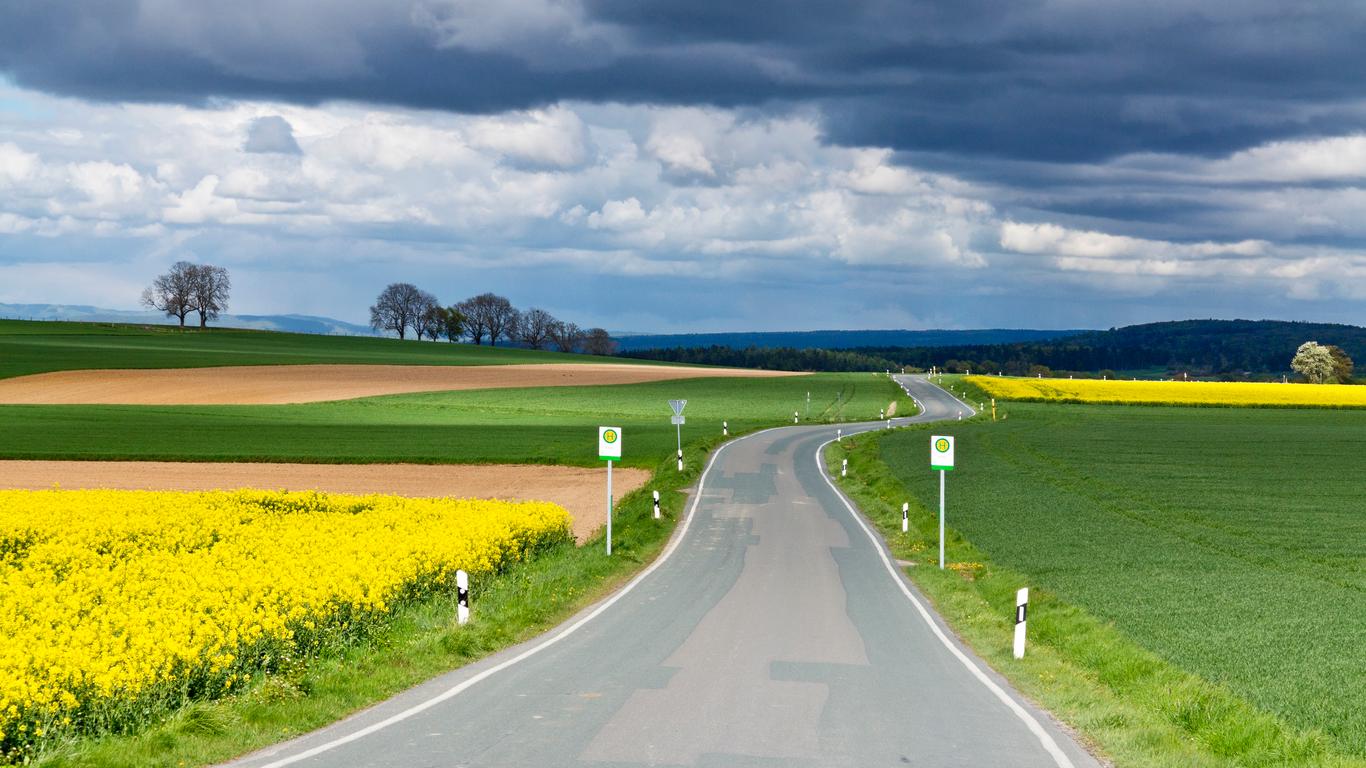The fourth largest and most populous state in the country, North Rhine-Westphalia is a central hub of Germany, home to 18 million people and containing some of the most significant cities in the nation. Within the state, there is Cologne, Dortmund, and Essen, which are all large and important cities, as well as the state capital, Dusseldorf, in addition to many other enticing urban areas. In addition to cities, the state is home to beautiful natural space, in particular by the rivers that traverse the North Rhine-Westphalia landscape that include the Ruhr and the dominating Rhine.
The state contains a vast collection of historic buildings and impressive architecture, including the city hall of Munster and the Alter Markt of Dortmund, in addition to many modern designs and structures like the Langen Foundation in Neuss. The most recognised building in North Rhine-Westphalia is the epic Cologne Cathedral which stands 157 metres tall in the heart of the city and is a World Heritage Site, along with Aachen Cathedral and Zollverein Coal Mine. Like most states of Germany, North Rhine-Westphalia is a great place to enjoy beer, and connoisseurs can enjoy a range of breweries, with the most popular being Kolsch, the beer of Cologne, Alt, the beer of Dusseldorf, and Dortmunder Export. Visitors can also shop in all the major cities, hike and cycle in their surrounding nature, taste German cuisine, learn about history and culture at museums and galleries, and enjoy watching local sports, including football and ice hockey.
There are six airports in North Rhine-Westphalia handling international and domestic flights, the two main ones being Dusseldorf and Cologne Bonn, both of which have links to the other main cities. Once in the state visitors can comfortably travel around by train with direct connections to the major towns and networks throughout Germany, or travel via local bus routes.
Julius Caesar was the first the write about North Rhine-Westphalia, who recorded his experiences with the territories of German tribes as he conquered the land and developed the Roman Empire. The state itself came into existence in 1946 when the British military administration merged the province of Westphalia with the Rhine province and created the state it is today.





